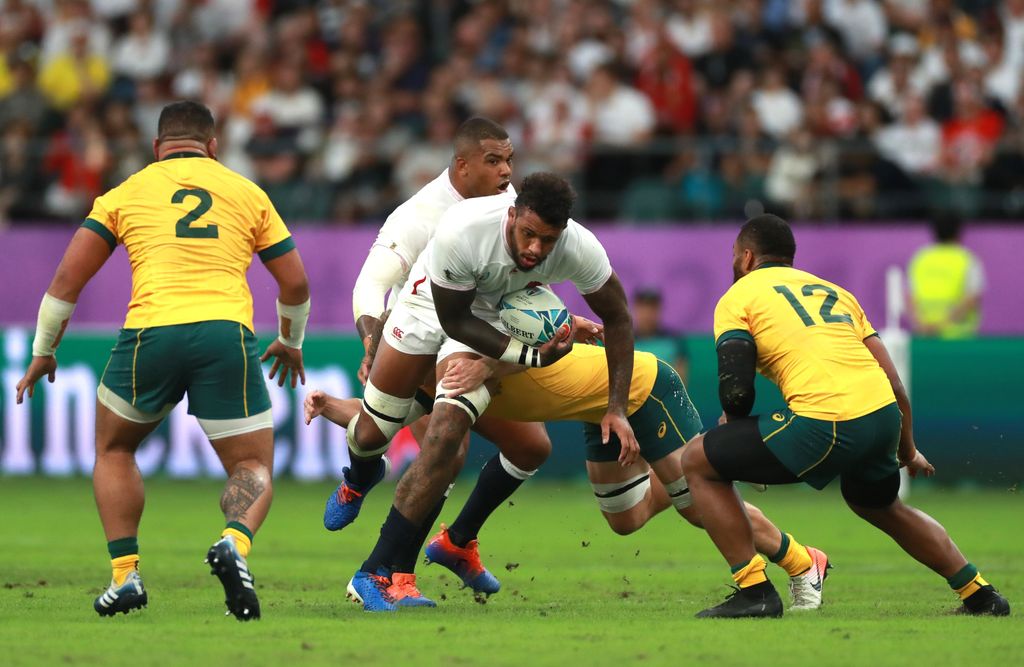TOKYO, Oct 29 - Amid the wave of patriotic fervour that followed the historic semi-final victory over New Zealand, some English pundits are already anointing their team as champions-in-waiting.
Even the usually measured Matt Dawson, part of the Rugby World Cup-winning England side in 2003, could not resist commenting: "There is no question that England will be favourites. You do not see the Springboks getting anywhere near England."
While others would argue that this does the Springboks a disservice - they have conceded fewer tries than any other team in the competition, remember – it does throw up the intriguing question of how Eddie Jones’s side match up to Martin Johnson, above, Jonny Wilkinson and the rest of the 2003 vintage.
For starters, while England have not exactly come from nowhere to reach the final – they were third in World Rugby’s rankings going into this tournament, behind Ireland and New Zealand - it is worth remembering that Clive Woodward’s 2003 team were, without doubt, the dominant force in the game at the time.
From the start of 2001 until their victory over Australia in the Sydney final, they won 34 out of 37 matches, losing only to France (twice) and Ireland. They also claimed the Grand Slam at the 2003 Six Nations, and won all their nine matches against Australia, South Africa and New Zealand during that period.
Jones’s England have been much more unpredictable. They have won 26 of their 36 matches (with one draw) since the start of 2017, and certainly have not enjoyed the confidence-boosting title success that helped propel the 2003 team to global glory. At the past two Six Nations, England have finished fifth and second.
There is a bit of a myth, however, that Woodward’s England were vastly more experienced. Going into the 2003 tournament, the 15 players who started the final against Australia had 598 caps between them, with the vast experience of Martin Johnson (77 caps), Neil Back (60) and Richard Hill (60) being counterbalanced by Trevor Woodman (10), Steve Thompson (18) and Josh Lewsey (13).

In fact, Jones’s team have the edge on experience. Prior to the Rugby World Cup, the 15 who started against New Zealand had 663 caps between them. While Tom Curry (13) and Sam Underhill (10) came into the tournament as relative newcomers to international rugby, the likes of Ben Youngs (89) and Courtney Lawes (75), above, arrived in Japan with the experience of two World Cups behind them.
Where Woodward’s team had the advantage is that they were a more settled side, whereas a combination of injuries and loss of form has forced Jones to tinker and tweak to find his best line-up. Woodward made only two changes from the England team that secured the 2003 Grand Slam, with a 42-6 win over Ireland in March 2003, and his starting line-up against Australia in the RWC final in November.
Jones has made six changes from the team that ran out against Scotland in March to the side that toppled the All Blacks, key factors being Underhill forcing his way into contention and Anthony Watson and Mako Vunipola returning from injury.
Winning a RWC always requires finding the perfect blend of youthful vigour and experience. Judged against their 2003 counterparts, this England team certainly have both. With momentum on their side, they appear ready to join Australia and South Africa as two-time winners of the competition, but only time will tell.
RNS dc/ns/ajr
